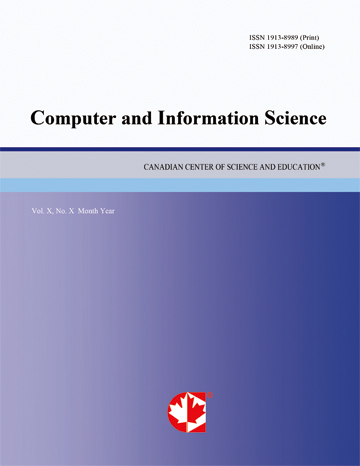Comparing Algorithms for Minimizing Congestion and Cost in the Multi-Commodity k-Splittable Flow
- Chengwen Jiao
- Suixiang Gao
- Wenguo Yang
Abstract
In the k-splittable flow problem, each commodity can only use at most k paths and the key point is to find the suitable transmitting paths for each commodity. To guarantee the efficiency of the network, minimizing congestion is important, but it is not enough, the cost consumed by the network is also needed to minimize. Most researches restrict to congestion or cost, but not the both. In this paper, we consider the bi-objective (minimize congestion, minimize cost) k-splittable problem. We propose three different heuristic algorithms for this problem, A1, A2 and A3. Each algorithm finds paths for each commodity in a feasible splittable flow, and the only difference between these algorithms is the initial feasible flow. We compare the three algorithms by testing instances, showing that choosing suitable initial feasible flow is important for obtaining good results.- Full Text:
 PDF
PDF
- DOI:10.5539/cis.v8n2p1
Journal Metrics
WJCI (2022): 0.636
Impact Factor 2022 (by WJCI): 0.419
h-index (January 2024): 43
i10-index (January 2024): 193
h5-index (January 2024): N/A
h5-median(January 2024): N/A
( The data was calculated based on Google Scholar Citations. Click Here to Learn More. )
Index
- BASE (Bielefeld Academic Search Engine)
- CNKI Scholar
- CrossRef
- DBLP (2008-2019)
- EuroPub Database
- Excellence in Research for Australia (ERA)
- Genamics JournalSeek
- GETIT@YALE (Yale University Library)
- Google Scholar
- Harvard Library
- Infotrieve
- Mendeley
- Open policy finder
- ResearchGate
- Scilit
- The Keepers Registry
- UCR Library
- WJCI Report
- WorldCat
Contact
- Chris LeeEditorial Assistant
- cis@ccsenet.org
